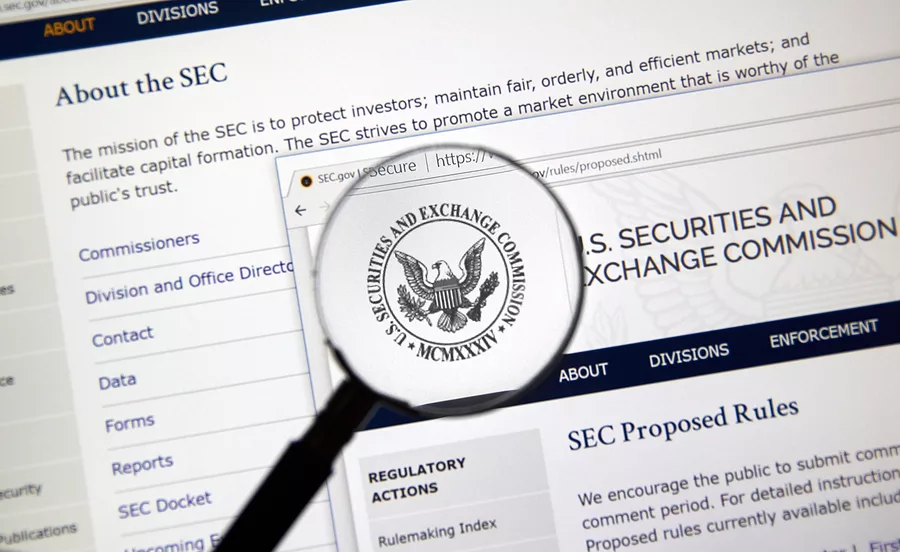Understanding SEC Investigations
The Securities and Exchange Commission (SEC) is a federal agency responsible for protecting investors, regulating the securities market, and facilitating capital formation. If you received a “target letter,” or you otherwise have reason to believe you are the target of an SEC investigation, it is imperative that you understand what is at stake. Understanding SEC investigations requires insight into the role of the SEC and its enforcement powers.

WHAT IS THE ROLE OF THE SEC?
Each year, more than $1 trillion in securities are traded on U.S. equity markets. Numerous federal laws and regulations are in place to ensure that buying and selling securities is fair and transparent for investors. Among other roles, the SEC provides oversight within the securities market and investigates suspected violations of securities laws and regulations.
UNDERSTANDING SEC INVESTIGATIONS: THE ENFORCEMENT DIVISION
Within the SEC, the Enforcement Division acts as the investigative arm of the agency. Although the SEC itself does not prosecute criminal violations, the Enforcement Division does conduct investigations into alleged criminal conduct related to the securities market and works closely with the U.S. Department of Justice (DOJ) and with law enforcement agencies around the world to pursue criminal cases when warranted. An Enforcement Division investigation may also lead to a civil action in federal court or before an administrative law judge.
HOW DO I KNOW IF I AM BEING INVESTIGATED BY THE SEC?
Understanding SEC investigations begins with understanding what triggers an investigation. The SEC routinely monitors the securities market and filings, flagging anything suspicious. More often, however, investigations begin with a consumer complaint, a whistleblower, or even media reports. If you are the target of an SEC investigation, you may receive a “target” letter indicating the nature of the investigation and asking you to contact the Enforcement Division and/or submit documents to the SEC. If you receive a target letter, or otherwise believe you are under investigation by the SEC, consult with an experienced attorney before responding or complying with any requests made by the SEC.
POTENTIAL OUTCOMES OF AN SEC INVESTIGATION
An SEC investigation may be informal or formal, with most being informal. An informal investigation generally involves broad concerns about a company or individual and may result in the SEC taking no action, issuing a warning letter, pursuing formal enforcement action in civil court, or referring the matter to the DOJ for further investigation and possible criminal prosecution. A formal SEC investigation is usually more targeted and involves specific evidence or information indicating a violation of securities laws or regulations. If a formal investigation is underway, you will likely receive a target letter or a subpoena requiring you to produce records or documents.
WHAT SHOULD I DO IF I AM UNDER INVESTIGATION BY THE SEC?
An SEC investigation is a serious matter and can lead to serious consequences if the investigation leads to evidence of a violation of federal law or regulations. Do not ignore a target letter, subpoena, or other indications of an investigation. At the same time, do not respond or comply without first consulting with an experienced federal defense attorney.

